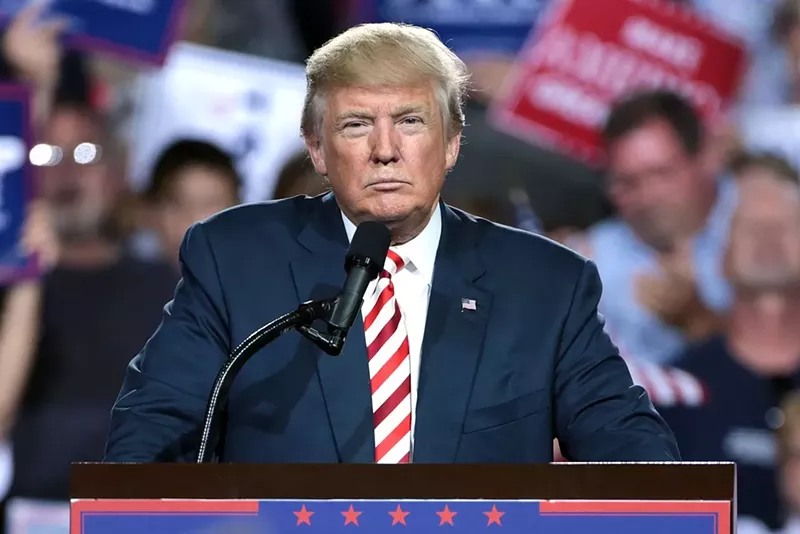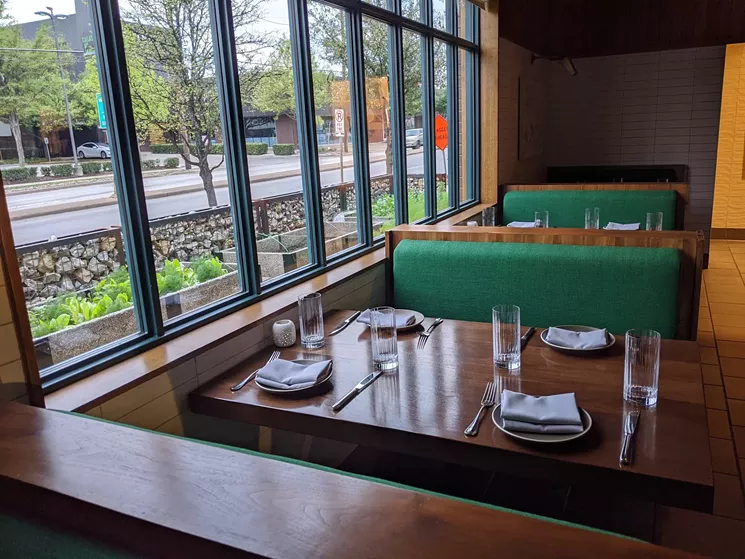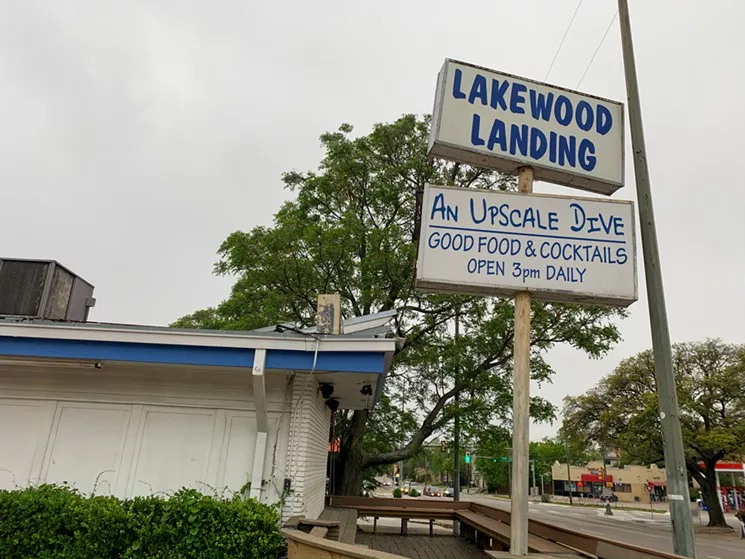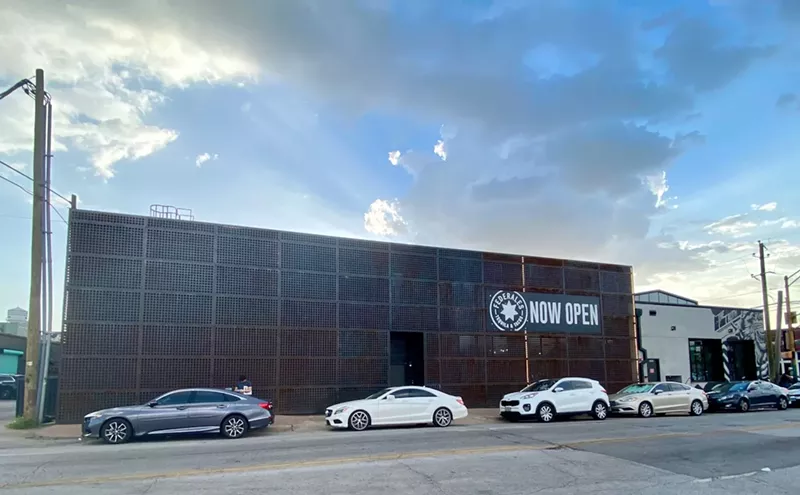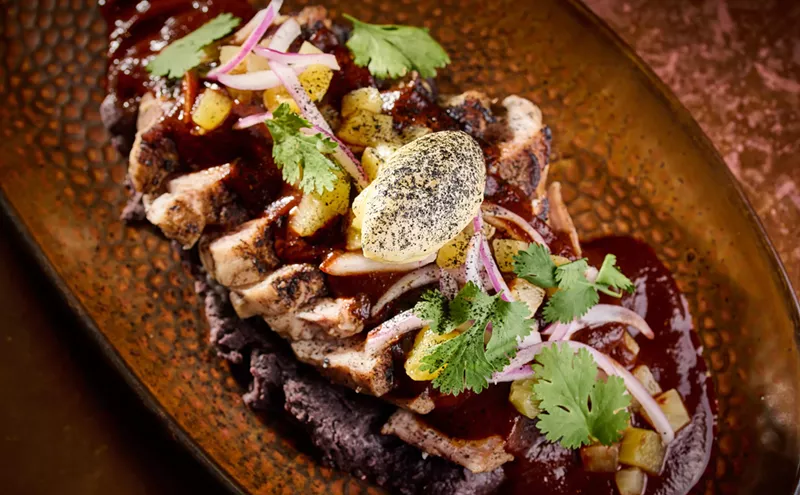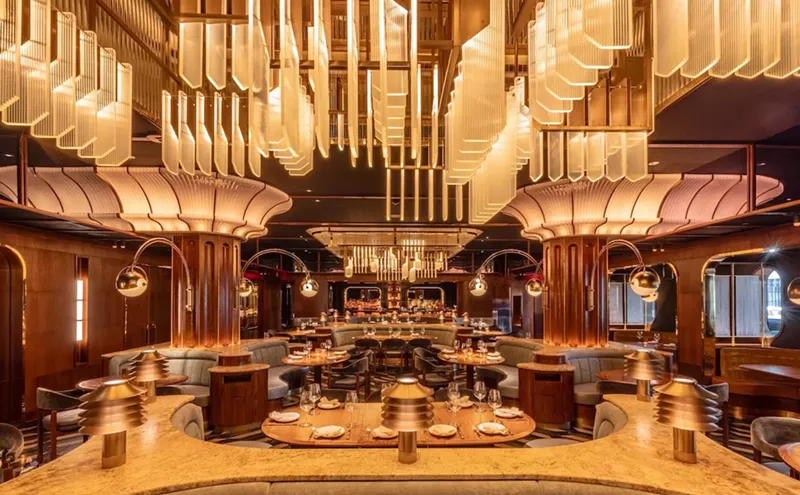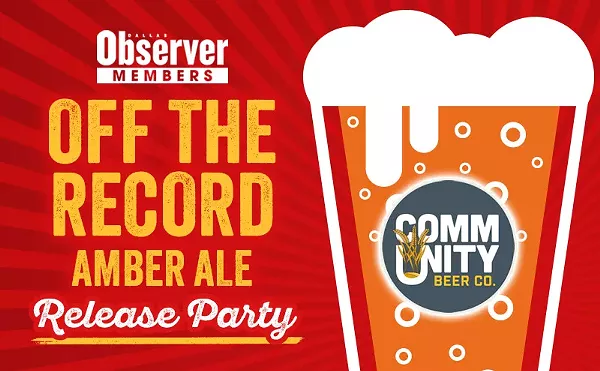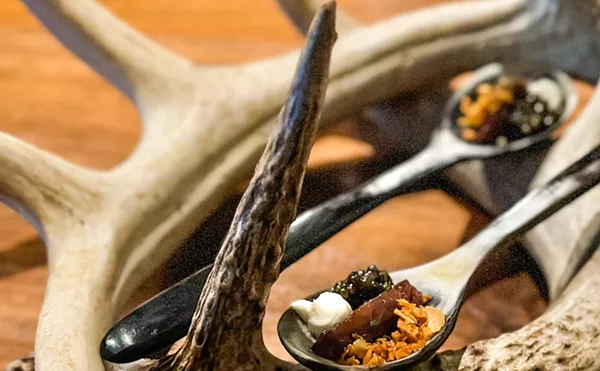No matter how you phrase it, coronavirus knocked America’s restaurant industry down, and the people in charge of getting us back up again have failed. There’s no real doubt we could have gotten up if we tried — nearly every other country with an outbreak has done so — but our national and state leaders continue to push business owners down instead.
Hundreds of bars, restaurants and breweries in Dallas and the surrounding area could close before the virus is contained. But the disease hasn’t caused the restaurant industry’s crisis; politicians have. Businesses are closing because of a political and moral catastrophe, not a medical one, and the generous tipping of well-meaning individual diners isn’t going to fix it.
First, American politicians made the medical crisis itself worse with a failed response. The White House ignored guidelines established by experts from the previous two presidential administrations, instead organizing its response around the guiding principle of not taking any responsibility.
The president politicized the pandemic by misunderstanding or resisting scientific and medical advice, making it possible for people across America to defy safety precautions in the name of “freedom.” The president even resisted wearing a mask for four months. When local business owners talk about surly or hostile customers refusing to comply with safety laws, they’re talking about bad behavior enabled and encouraged by the president.
Texas’ governor failed by triumphantly reopening the state just weeks after the pandemic struck. It’s now easy to see how rapidly and badly coronavirus spread throughout Texas because of that reopening strategy. Thousands of hospitalizations can arguably be attributed to Texas state policies which allowed the virus to spread.
Having failed to contain the outbreak, politicians ignored obvious solutions to our economic crisis, preferring instead indirect and obscure options that tended to favor people who are safely rich. The obvious solutions, meanwhile, were implemented successfully in other countries.
Germany rapidly expanded a program it already had which, in times of crisis, pushes employers to cut staff hours rather than laying them off, and that uses government money to pay a significant amount of the employees’ lost wages. German stimulus money went to both that program and another, one that aims to create jobs and investment in environmentally friendly industries and infrastructure. Germany even sent financial aid to other countries.
Spain created a permanent “Minimum Living Income” scheme, offering payments of around $1,100 per household per month to families living in poverty. Denmark, Hong Kong, the United Kingdom, South Korea and The Netherlands all paid 50% to 90% of the wages of private companies’ employees as long as the employees weren’t laid off.
In the United States, Democrats proposed similarly expansive economic solutions, most notably a proposal to send every household in the country $2,000 per month until the crisis ends. But Republicans instead passed a single payment of $1,200 and an expanded federal unemployment benefit, which ended July 31.
Now Republicans are focused on bringing back the unemployment bonus in reduced form, if at all. Their concern is that some employees make more money on unemployment than they did at their jobs — a problem caused by Republicans’ own longtime refusal to raise the minimum wage or reduce the percentage of American money trapped in the pockets of a few hundred gazillionaires.

Some new restaurants, such as Ngon Vietnamese Kitchen in Lowest Greenville, are still opening these days.
Kathy Tran
Meanwhile, instead of sending direct money to businesses like other countries, the United States created the Paycheck Protection Program, a complicated loan application plan with rapidly changing regulations and the eventual possibility that loans might be forgiven. Many business owners wound up dissatisfied.
That’s in contrast to the support the federal government offered to ultrawealthy people: a tax break on income from pass-through entities frequently used by investors, which Congress estimates could save some rich account holders more than $2 million per person. Some analysts think the president’s family will use this bailout provision to profit.
Enforcement of supposed pro-business measures didn’t help, either. The first round of PPP loans was a snarling mess of chaotic rules and confusing processes. Large companies like Shake Shack got money, as did members of the president’s own family. By contrast, just 1.9% of the businesses supported in the first round were owned by Black people.
In Texas, incompetent governance was at its worst in the alcohol service industry. Many other journalists have documented the chaotic regulatory changes which have beset bars, breweries and distilleries. Limiting alcohol service during a pandemic makes sense — drinking lowers patrons’ inhibitions and may make them forget safety rules — but the burden Texas’ government has imposed is so heavy that many brewers particularly fear they may soon go out of business.
A relief program or stimulus could help offset bars and taprooms’ lost revenue. But it hasn’t happened. In fact, Texas’ Legislature isn’t even meeting; the governor has the ability to call a special session to pass virus-related safety and stimulus laws, but he hasn’t.
A coronavirus pandemic in America may not have been preventable; it is spreading to nearly every country in the world. But the best strategies for saving lives and saving businesses all required massive government interventions, and America’s ruling party is bent on dismantling government rather than using it to help people.
It’s not clear whether or when politicians will become more serious about rescuing the American economy. The president, facing a tough reelection fight, reportedly decided to focus his virus relief plan on getting money to build a new FBI headquarters near his hotel. Meanwhile, Senate Republicans are focused on making it harder for sick employees to sue their bosses for negligence.
Many small restaurant and bar owners are doing what they can to keep themselves, their customers and their employees safe. Many customers are ordering more takeout to support their favorite businesses. But there’s a limit to what business owners and patrons can do. The solution to our crisis is political — but so is the crisis itself.

